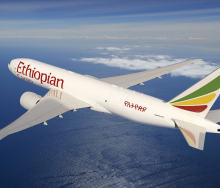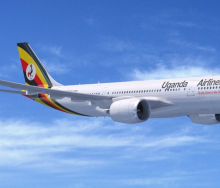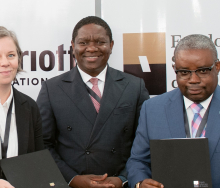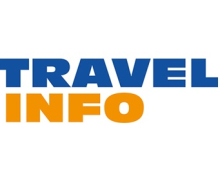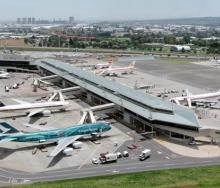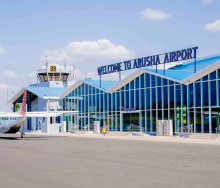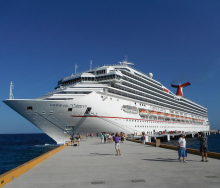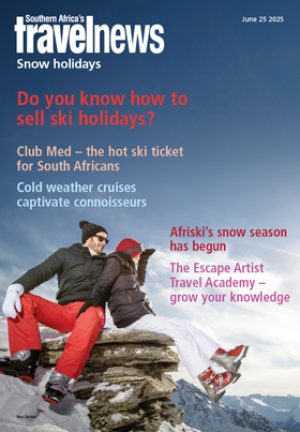GROWING concerns
regarding ‘rogue
ITCs’ that have made
headlines over the past
several months have industry
calling on Asata to develop a
framework for recognised ITC
models in the SA market.
The agent association will
be putting together a Member
Advisory Forum to develop a
clear definition for independent
travel consultants and the
consortiums to which they
belong.
Concerns around the true
definition of an ITC versus,
for example, a ticketing
agent, have been raised by
consumers and industry
stakeholders, Asata ceo,
Otto de Vries, told TNW.
The forum’s role will be
to help develop codes and
policies for ITC models under
the Asata banner, Otto says.
It will also look into the
obligations of the consortiums
under which the ITCs operate.
“Overall, our forums help
Asata members to adopt
global best practices in their
businesses and remain
legally compliant. From our
side, they show purpose and
opinion on how our industry
should function and serve as
a benchmark in a generally
unregulated market,” he says.
Once a framework for
ITCs has been developed,
compliance will be expected
from all Asata members, says
Otto. If ITCs fail to comply,
they will no longer be able to
operate as Asata members,
he says. “We want to ensure
professionalism in the sector
and protect the consumer
when engaging with a
professional ITC.”
Consortiums in South Africa
have welcomed the initiative,
saying more clarity is needed
when it comes to the different
ITC models. “Correct controls
are very necessary in order
to protect the consumer
properly,” says Garth Wolff,
eTravel ceo. He says most ITC
models are “weak” and don’t
protect the consumer.
ITCs managed by a host
company are less of a risk
to the consumer as the host
company has the expertise
to manage cash and protect
all parties involved, he says.
“In contradiction, a ticketing
ITC has huge risk exposure
to the consumer, to
themselves and any entity
that could be associated
with them,” he adds.
eTravel does have a
ticketing model, Just the
Ticket (JtT), but this was
launched to attract ITCs so
they can hear the pros and
cons of both models and is
strictly regulated, says Tammy
Hunt, eTravel’s operations
director. “We don’t process
any transactions without
cleared funds in our bank
account, including validated,
signed and dated CCCF
with all relevant copies.”
JtT agents are also not
permitted to operate as an
ITC Asata member. “They
are required to obtain full
Asata accreditation with the
full implications of audited
financials and no discounts
applied,” she says.
Tammy admits there is
still a risk but says “without
hesitation, we will stop
ticketing immediately if we
so much as have a suspicion
that the JtT ITC is a risk”.
The focus of the forum
should be on the consortium,
says Mladen Lukic, gm of
Travel Counsellors SA. Until
now, the discussion has not
focused enough on the role
and responsibility of the
consortium or host company,
he says. “By looking at
‘rogue’ ITCs in isolation, we’re
focusing on the symptom
and not the cause. The host
companies are the cause.”
Organisations such as Iata
and the GDS companies need
to be consulted too, Mladen
says, as they should have a
say about the kind of people
who use their systems and
services, particularly those
who are not trained to do so.
“It will be great to have
a dialogue with the right
people to create a good
and clean industry in South
Africa,” says Dinesh Naidoo,
group operations director of
Serendipity Worldwide Group.
He adds that he hopes the
process will be quick and
efficient, instead of long and
drawn-out.
Dinesh says he plans to go
into the discussion with an
open mind and hopes that
other industry players will do
the same. “Not one of us has
the answer but together we
can find collective answers,”
he says.
The first meeting is
scheduled to take place on
August 27 at Asata’s offices
in Johannesburg

